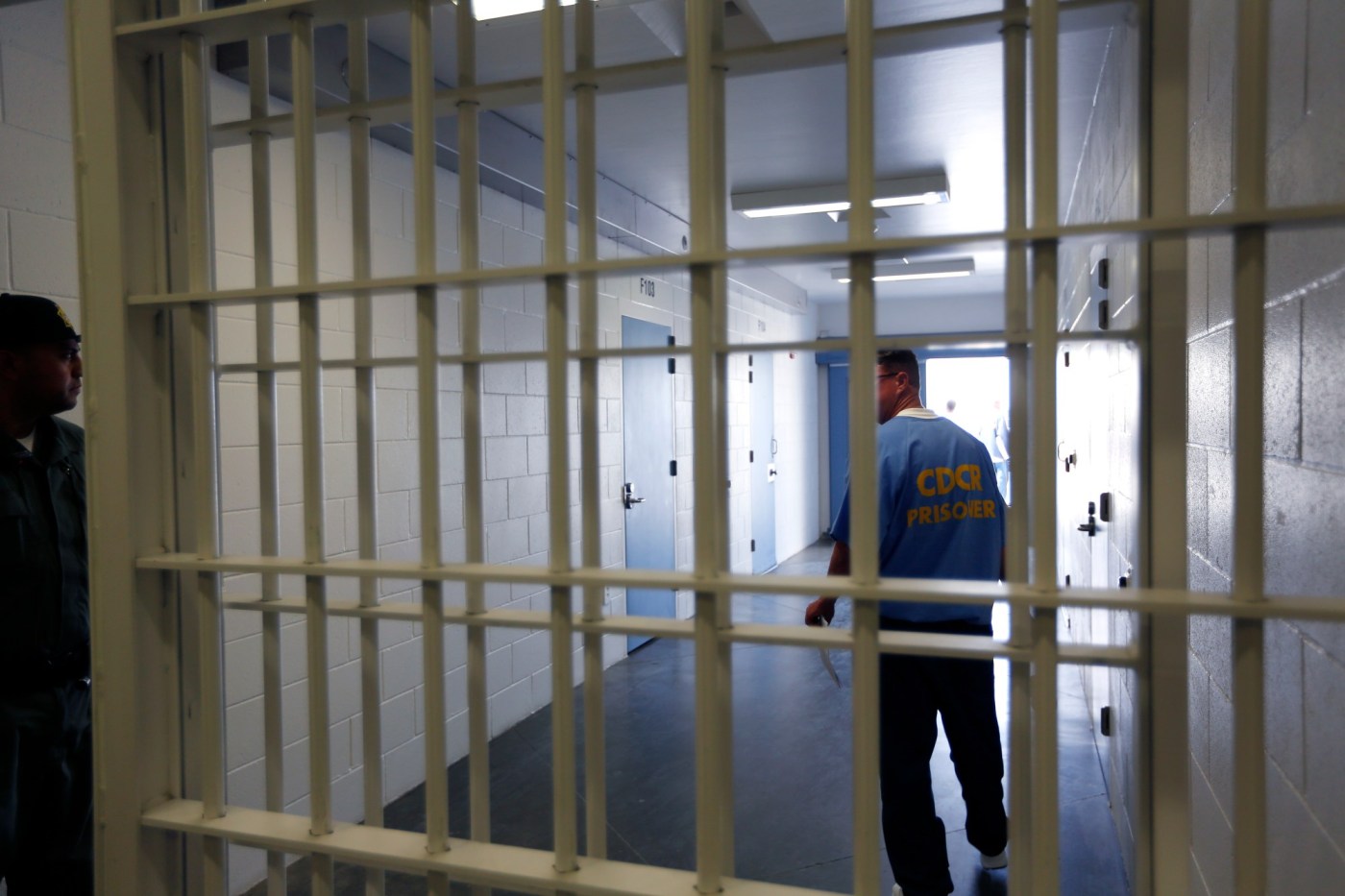Proposition 6 is among the 10 statewide ballot measures that Bay Area voters will get to weigh in on this fall. Here’s what you need to know about it.
What would it do?
Related Articles
Opinion: Climate costs go up if California fails to act with Prop. 4
Opinion: California has enough debt. Don’t add $10 billion more for a climate bond
Our Bay Area endorsements for the Nov. 5 election ballot
Editorial: California should end deceitful bond elections before lowering vote threshold
Editorial: No, California inmates should not be entitled to refuse to do chores in prison
Prop. 6 would remove a provision from the California Constitution that allows jails and prisons to impose involuntary servitude as punishment for a crime. It would also ban the California Department of Corrections and Rehabilitation from disciplining incarcerated individuals who refuse to work.
The state Constitution already bans all other forms of involuntary servitude but leaves open a loophole for incarcerated people. Prop. 6 would close that loophole. It would still allow incarcerated individuals who choose to work to earn “time credits” that help shorten their sentences.
The Secretary of State says the fiscal impacts of the measure are uncertain, because it’s also uncertain how the proposition would change rules and incentives around prison work.
“For example, if people in prison and jail no longer face consequences for refusing to work, prisons and/or jails might have to find other ways to encourage working. If this is done by increasing pay, costs would increase,” the Secretary of State wrote in an analysis of the proposition. “If this is done by giving more time credits instead, costs would decrease because people would serve less time.”
Why is this on the ballot?
While the 13th Amendment to the U.S. Constitution abolished slavery and involuntary servitude, it specifically carved out an exception for “punishment for crime whereof the party shall have been duly convicted.”
In recent years, efforts by federal legislators to amend the 13th Amendment and remove the punishment exception have stalled. But several states have put similar amendments on the ballot and voters have overwhelmingly passed those.
Since 2018, voters in Alabama, Colorado, Nebraska, Oregon, Tennessee, Utah and Vermont have approved similar bans on involuntary servitude in prisons. California is one of 16 states where the practice is still legal.
California Assemblymember Lori Wilson, D-Solano County, authored the End Slavery in California Act earlier this year, and between the state Senate and Assembly, legislators voted 101-3 to put the issue in front of voters.
Who supports it, and why?
The Anti-Recidivism Coalition, the American Civil Liberties Union California Action, the California Democratic Party, civil rights icon Dolores Huerta and a slew of community justice and civil rights groups all support Prop. 6. They say forced labor is a violation of human rights and serves no rehabilitative purpose, and they argue banning the practice will restore basic human dignity and enhance public safety by prioritizing rehabilitation.
“Forced labor in prisons is cruel and unfair, often leading to harsh punishments like violence, solitary confinement, and denial of services,” write Wilson and Huerta in the state’s voter information guide. “These practices undermine rehabilitation and increase the likelihood of reoffending. In contrast, Proposition 6 expands voluntary prison work programs and ensures dignity, choice, and rehabilitation.”
Who opposes it, and why?
There is no official opposition filed with the Secretary of State, though the California Republican Party opposes the proposition in its endorsements guide. So, too, does the Howard Jarvis Taxpayers Association. “It doesn’t seem fair to further increase the burden on taxpayers by creating the conditions to negotiate higher wages for inmates who are paying off their debt to society by serving their sentences in state prison,” the group wrote.












